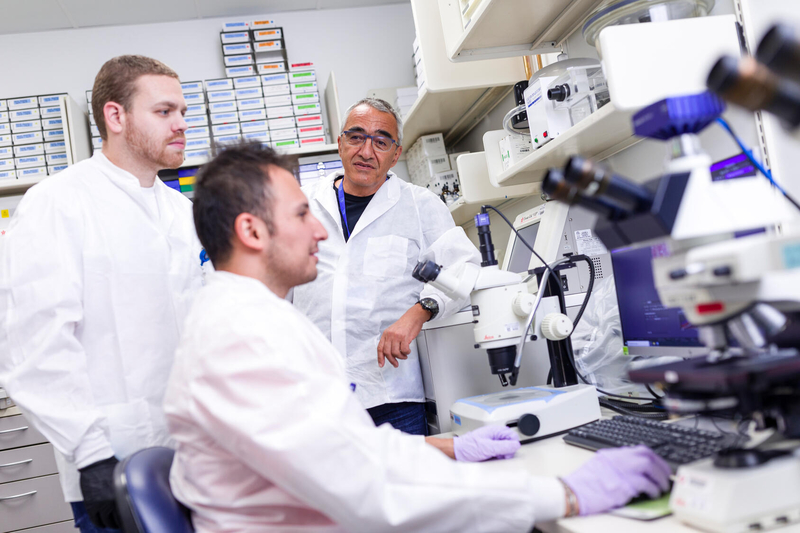Clinical and Translational Science
Innovative medical research and education can improve patient care and wellbeing, advance digital innovation, engage communities, and promote health equity to reduce health disparities. Explore ways to collaboratively address the complexity of scientific problems in every aspect of medical research.






